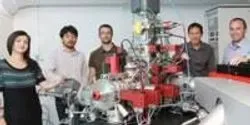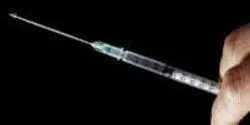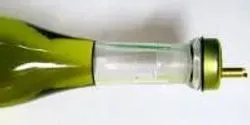News

Scientists have described a way to convert human skin cells directly into a specific type of brain cell affected by Huntington’s disease, an ultimately fatal neurodegenerative disorder. Unlike other techniques that turn one cell type into another, this new process does not pass through a stem cell phase, avoiding the production of multiple cell types, the study’s authors report.

SLAS2015 is fast-approaching, taking place February 7-11 in Washington, DC.

Scientists at EPFL have used a new imaging technique to monitor how glucose, our main energy source, is used in the body. Their findings may have great implications for diseases like diabetes.

A new study in the Journal of Food Science, published by the Institute of Food Technologists (IFT), evaluated consumers’ choice in fresh tomato selection and revealed which characteristics make the red fruit most appealing.

Drawing blood and testing it is standard practice for many medical diagnostics. As a less painful alternative, scientists are developing skin patches that could one day replace the syringe. In the American Chemical Society journal Analytical Chemistry, one team reports they have designed and successfully tested, for the first time, a small skin patch that detected malaria proteins in live mice. It could someday be adapted for use in humans to diagnose other diseases, too.

Researchers from the University of Texas Medical Branch at Galveston, University of Kentucky, and University of Maryland found that for people 60 and older who do not have dementia, light alcohol consumption during late life is associated with higher episodic memory — the ability to recall memories of events.















